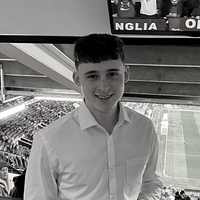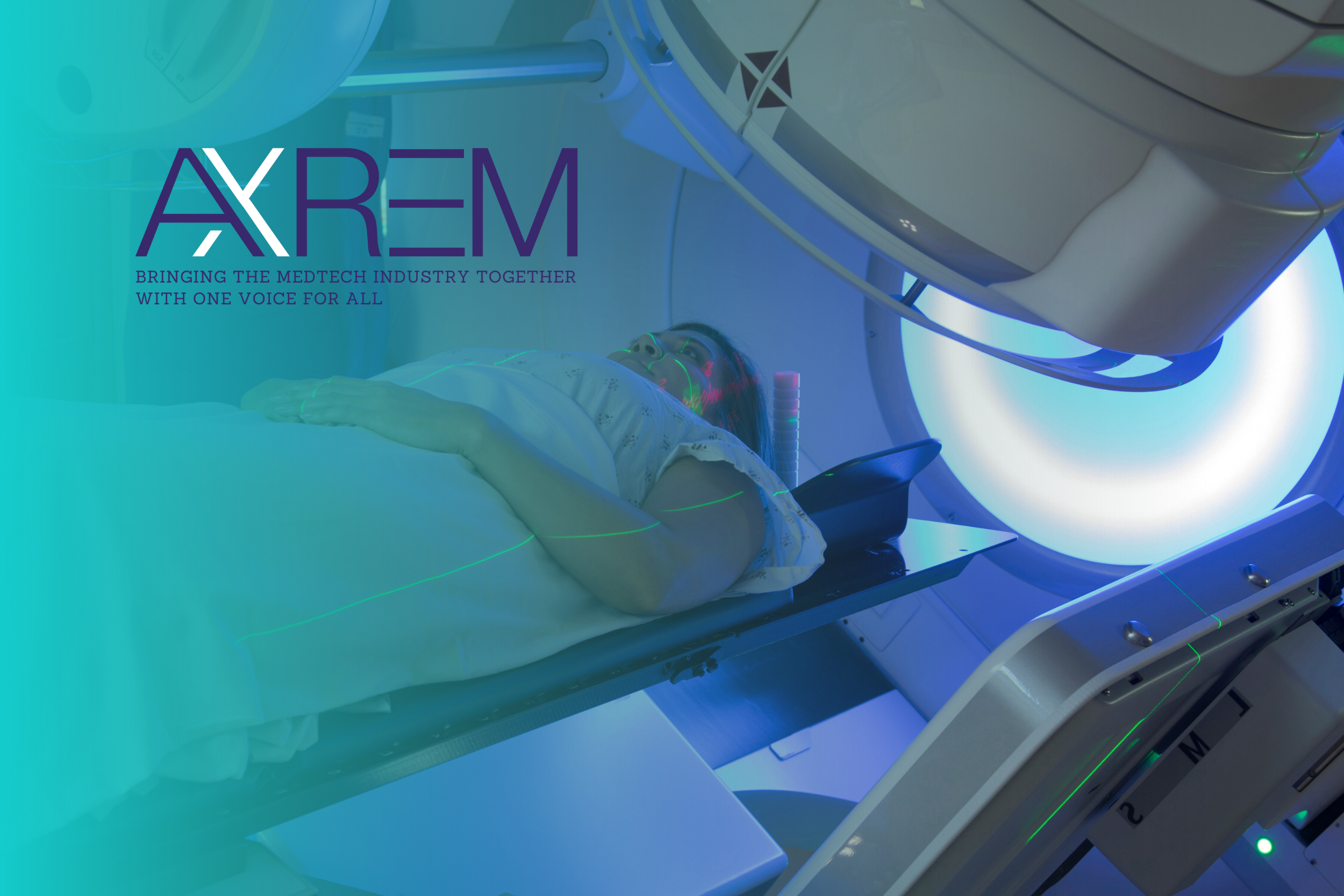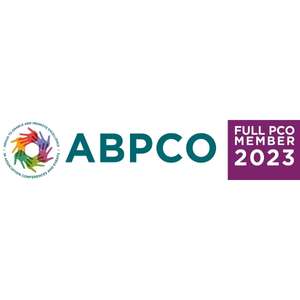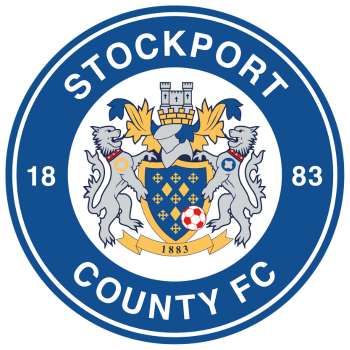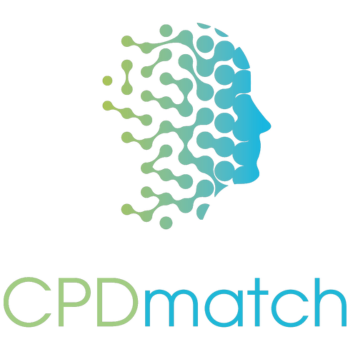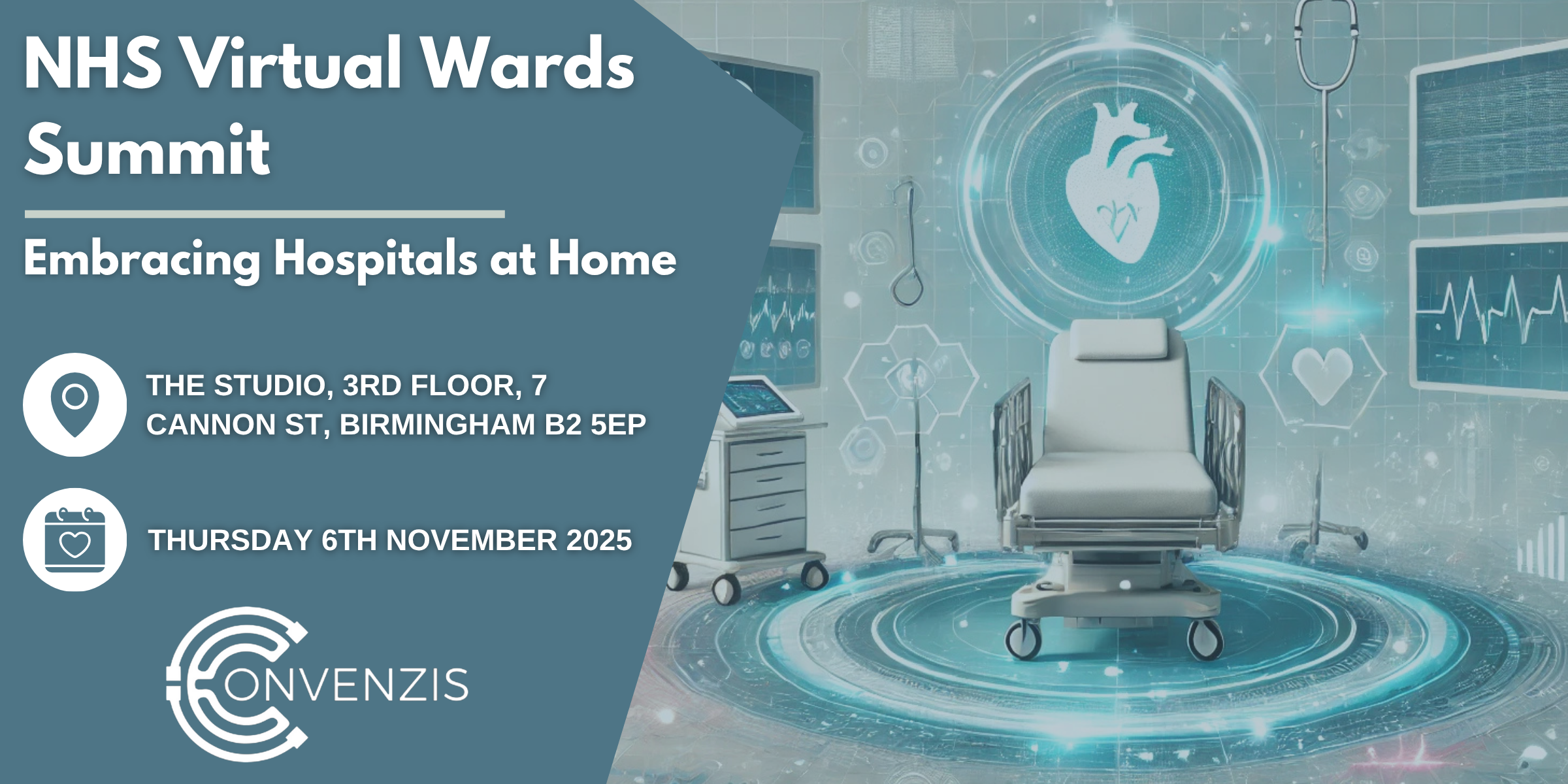
After more than a decade working in leadership in the NHS, I’ve seen firsthand how healthcare keeps evolving – but what patients need most never changes. Patients want to be seen, they want to be heard, and they want to heal in a place that feels most like home. Away from the busy corridors, the fluorescent lights, and the sleepless nights in the hospital.
I see this every day in my work. A grandfather receiving end-of-life care who wants to stay in their own living room, being close to their family. A care home resident whose fall could have been prevented with a simple change in how we monitor and support them. A parent desperate to keep their child out of hospital. Or a mother recovering from a stroke, who wants to get back to some sense of normality.
Each of these moments reminds me why we have to rethink what hospital care really means. Hospitals will always have their place. We will always need operating theatres, emergency departments, and intensive care units. But for many, treatment and recovery doesn’t have to mean a hospital bed.
That belief shapes our work here at Medway Foundation Trust. Our SMART (Surgical, Medical, Acute and Recovery) team has been leading a comprehensive Virtual Ward programme that combines clinical expertise with digital innovation, bringing hospital-level care into people’s homes. The feedback has been extraordinary — patients feel reassured, staff feel confident, and outcomes show this approach is both safe and effective. The cost of a virtual bed is around a third of an inpatient stay and allows our teams to care for four times more patients, without ever compromising on quality.
Now, we want to go even further and give suitable patients a real choice when they come through our hospital doors: recover in hospital, or recover at home, with the same standards, safeguards, and compassion as acute in-hospital care. That’s why we’re proud to be expanding our well-established Virtual Ward programme into a 24-hour Virtual Hospital. This new model will enable our team to care for around 5,000 residents each year, creating capacity equivalent to three hospital wards — with 24/7 monitoring and support for those who need it most.
None of this would be possible without the commitment and compassion of my NHS colleagues, and the voices of our patients and community partners, who shape and challenge us every step of the way. It’s also made possible by our collaboration with Feebris, whose technology and support bring our Virtual Hospital to life. This project has shown what we can achieve when the NHS and its partners work side by side — co-designing solutions that meet the real-world needs of our staff and our patients, delivering innovation at pace and scale.
Going forward, we know we simply can’t find more resources — so we have to think differently. That’s what this work represents: a different way of delivering safe, high-quality care, built on the same values that have always guided the NHS. Because no matter how healthcare evolves, one thing will never change — our patients, and the people who care for them, will always come first.
I’m proud to be sharing our Virtual Hospital journey at the Convenzis Virtual Wards Summit on the 6th of November in Birmingham and I look forward to connecting with colleagues who share our belief — that the future of healthcare starts in the home.
By Tracy Stocker, Director of Operations for Flow and Integration
Book your Senior NHS Delegate Ticket here 👇


